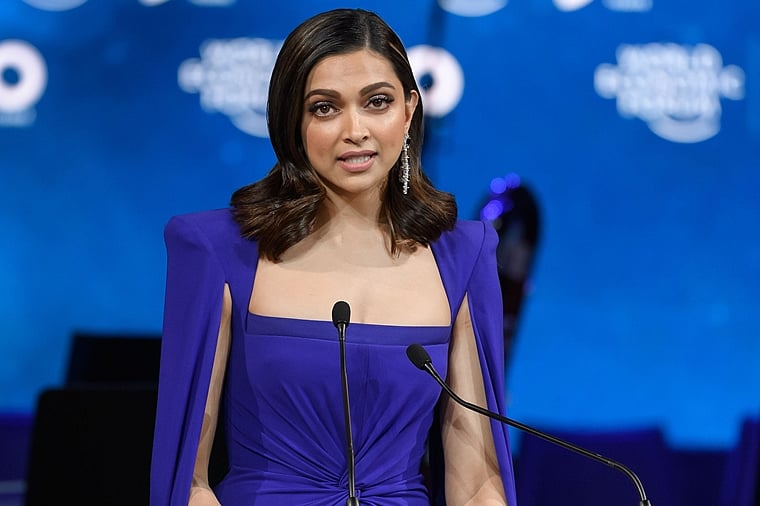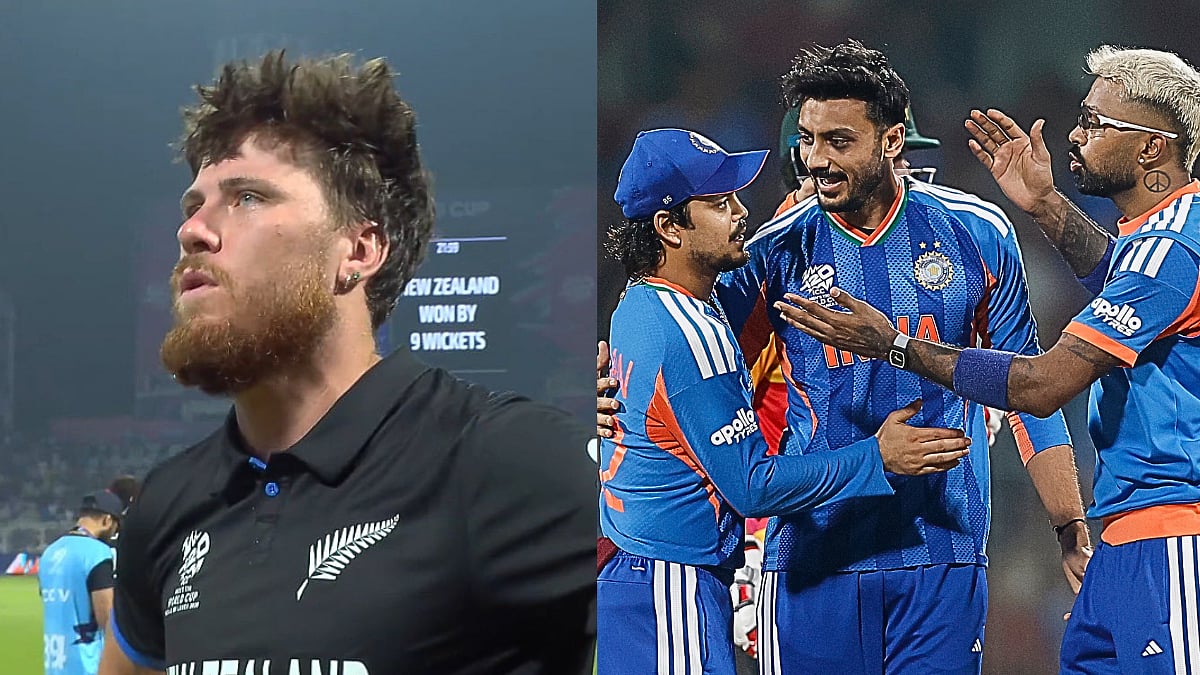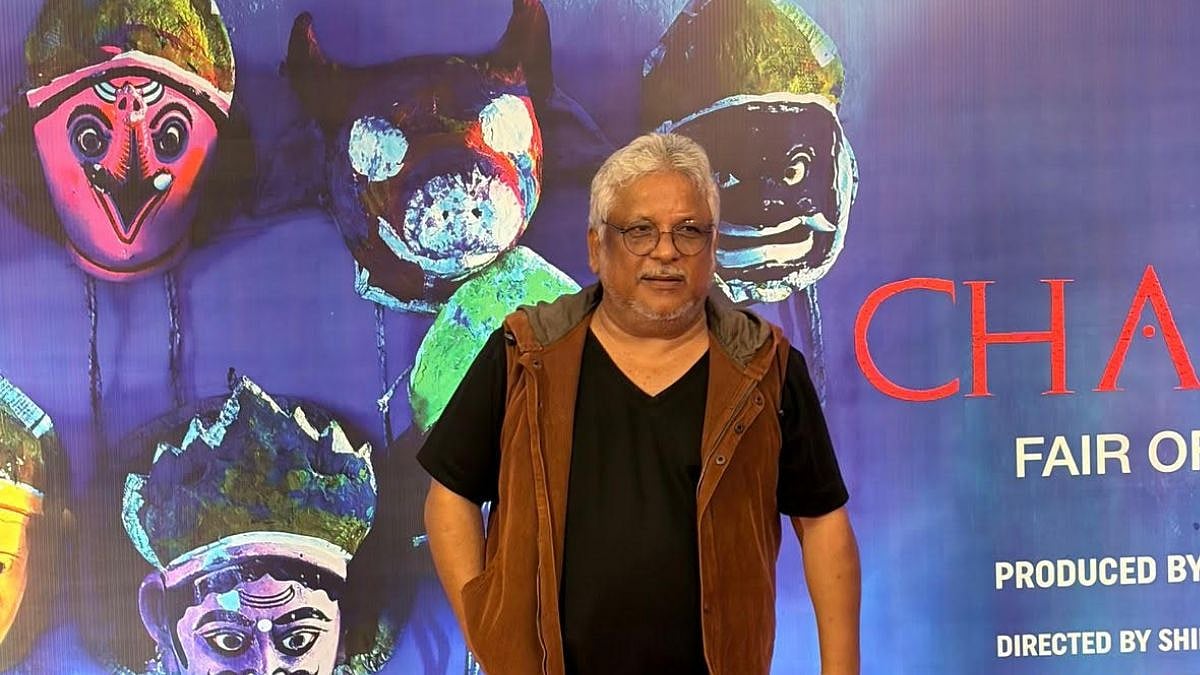The last hit Sushant Singh Rajput starred in, Chhichhore, had a message about suicide prevention, so when the actor took his own life, his fans were unable to reconcile with it. The speculation over the rising star’s death only shows how little the general public knows about mental health.
After his death it came to light that Sushant was under treatment for bipolar disorder, a mental health condition characterised by extreme mood swings, emotional highs and lows. During the low phase, the patient may have overwhelming feelings of worthlessness, which can potentially lead to thoughts of suicide.
Yet, Sushant’s fans went by his public persona of an optimist bubbling with energy and started seeing conspiracy theories. Fanned by the media and fed by our prejudices, these theories have now taken hold of the public imagination as 'truth stranger than fiction’. Or, one can say, a narcotic-altered reality.
Instead of chasing conspiracy theories, news TV channels could do well to look at mental health, at least on September 10, which is World Suicide Prevention Day.
It is time we woke up to the reality that India is not only in the middle of a recession but also in the middle of a mental health epidemic. According to the Indian Council of Medical Research, one in seven Indians suffers from some kind of mental ailment, which includes depression, anxiety disorder, schizophrenia, bipolar disorder and dissociative identity disorder. Add the stress caused by Covid-19 to this 2017 study and the picture worsens.
The first step to fighting mental illness is to de-stigmatise it; Indians are generally not supportive of a co-worker struggling with a mental ailment because they associate it with madness. Their employers should come forward and say that mental illness is curable, just like any physical illness. It is another matter that workplace stress accounted for one-fourth of the suicides in India last year.
Ironically, old Hindi films are responsible for the worst stereotypes when it comes to mental illness; they make a laughing stock out of such patients. Now, compare this with the Hollywood films, 'One Flew Over The Cuckoo’s Nest’ in 1975 on a psychiatric ward, or the 2001 film, 'A Beautiful Mind’, which depicts the true-life story of mathematician John Nash, who battled schizophrenia -- a disorder that affects a person's ability to think, feel and behave clearly -- and went on to win the Nobel prize.
Perhaps inspired by these classics, Bollywood has come up with a slew of realistic films on mental ailments; 'Black’, which was about Alzheimer's disease, 'Kartik calling Kartik’, 'Woh Lamhe’ and '15 Park Avenue’, all three on schizophrenia, 'Dear Zindagi’, which showed how stress and unhappiness can result in insomnia, and 'Bhool Bhulaiyaa’, which was about dissociative identity disorder or multiple personality disorder.
The second step to fighting mental disorder is to recognise the symptoms, such as long-lasting sadness or irritability, extreme mood swings, excessive fear, worry, or anxiety, social withdrawal or dramatic changes in eating or sleeping habits.
In joint families, elders would pick up the signals and counsel younger members, but with nuclear families, the only option is mental health literacy encompassing recognition, causes, self-help and facilitation of professional intervention.
In fact, family problems are the major reason for suicide in India – one-third of all cases -- according to the National Crime Records Bureau. The same report by the NCRB notes that a quarter of the suicides last year, or 32,563 of the total 1,39,123, were by daily-wage earners.
City dwellers can seek help from mental health helplines but debt-ridden small farmers are left to deal with corrosive despair on their own. It is heartening that the National Institute for Mental Health and Neuro-Sciences (NIMHANS) has launched a national helpline (080-46110007) to provide counselling on mental health and psycho-social issues related to the pandemic and lockdown.
Tragic as every suicide is, the ones by celebrities serve to focus attention on mental health. Take the case of filmmaker Guru Dutt, known for classics such as 'Kaagaz Ke Phool’, 'Pyaasa’ and 'Sahib, Bibi Aur Ghulam’ who was depressed and took his life with an overdose of sleeping pills in 1964.
His cinematographer and close associate V K Murthy said in an interview that this was his third attempt. The last straw for him, Murthy indicated, was that his close friends were going away upon retirement or on work.
However, one of Guru Dutt’s relatives who was to join Bollywood managed to beat depression -- Deepika Padukone. She runs a foundation for mental health and has been sharing must-read notes on social media, in her attempt to normalise conversation around mental health.
The World Suicide Prevention Day gives organisations, government agencies and individuals a chance to promote awareness about suicide, mental illnesses associated with suicide, as well as suicide prevention.
Fans of Sushant Singh Rajput can pay homage to his memory by sparing a moment to go through the pieces on mental health published on this day. It can save another Sushant.
The writer is an independent journalist based in Mumbai.




